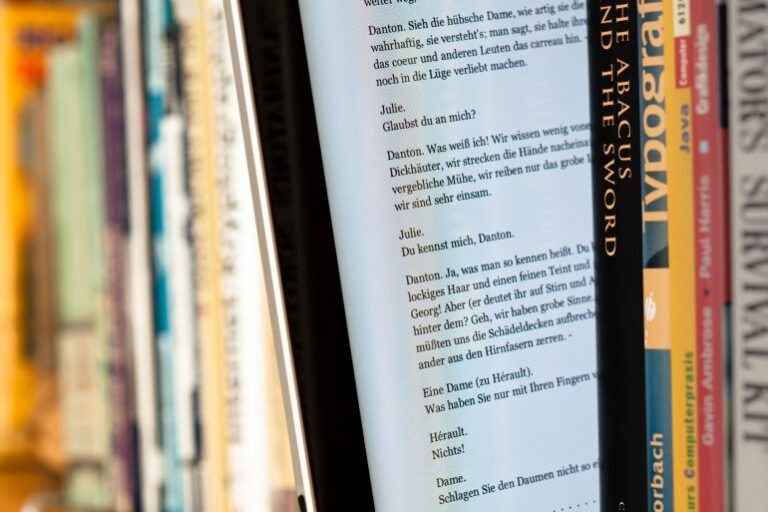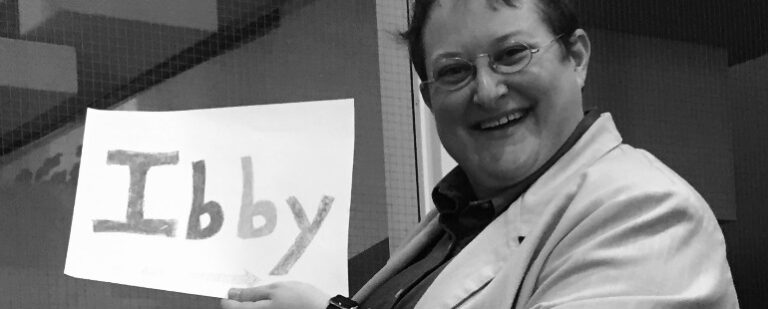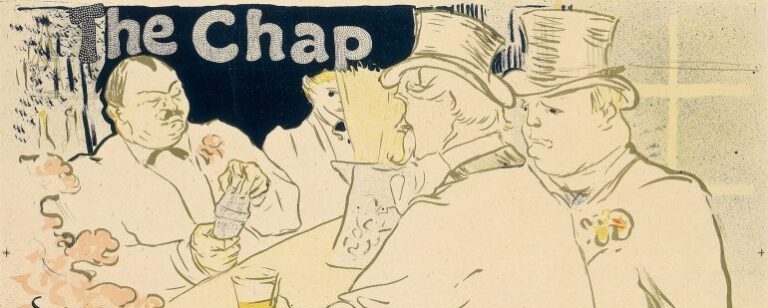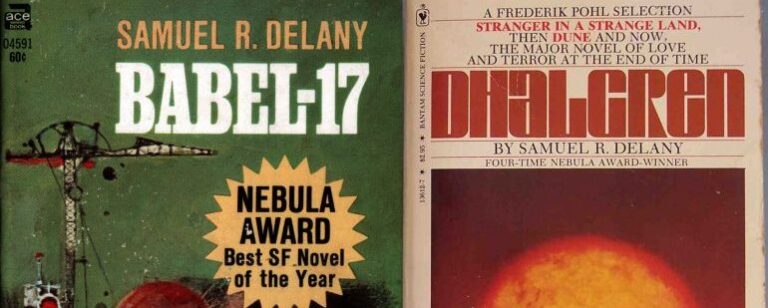The Writer Tax
A new tax reform blueprint offers some sense of where the Administration wants to take tax policy—and what it means for writers.

A new tax reform blueprint offers some sense of where the Administration wants to take tax policy—and what it means for writers.

Today, one in seven Washingtonians are immigrants, which has shaped literary trends and artistic output.

Imagine being cut off from more than ninety percent of the world’s printed material. According to the non-profit World Blind Union, that’s the case for people with visual impairments. But there are plenty of things that can be done to make books more accessible to those with visual and other disabilities.

My creative writing students want to talk about the business of literature. They want to talk cover letters, agents, MFA programs, fellowships.

Every time I pause in front of a stack of lit mags at my house, I find myself flipping through one for a morsel. Gimme something good. I find myself re-reading things I’ve already read and feeling surprised by them again and again, as if the magazine keeps the poems new and Ziploc-fresh.

O’Malley is the Executive Director for the Independent Publishing Resource Center, a nonprofit arts organization in Portland, which she describes as a launchpad for artists, writers, and makers. One program that stands out is the IPRC Certificate Program, a yearlong study in creative writing, with four tracks, including prose, poetry, image and text, and comics.

From childhood, we’re taught to see ourselves as others see us. We learn to synthesize “Head, shoulders, knees and toes” into a whole through a complex process of self-identification. We see who and what we’re taught to see, a looping phenomena that means we’re literally made up of story.

There’s never been a better time for poetry chapbooks, with hundreds of presses publishing excellent, innovative examples each year. This proliferation invites a closer look into the chapbook’s history as a medium for more direct engagement and dialogue between writers and readers.

Since its integration into American culture at large, with the emergence of Robert E. Howard and H.P. Lovecraft and Hugo Gernsback, speculative fiction has always been willfully short-sighted in regards to race.
No products in the cart.